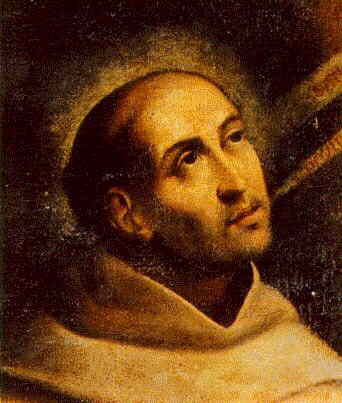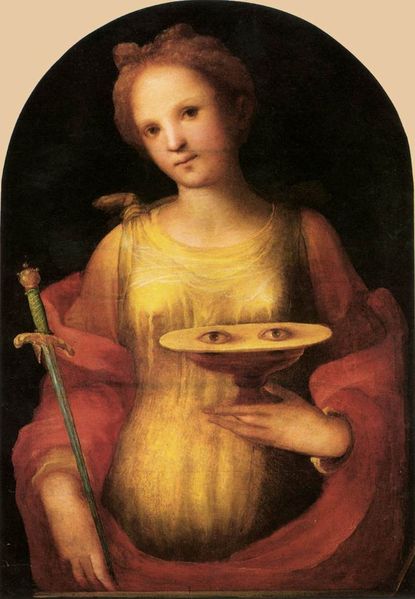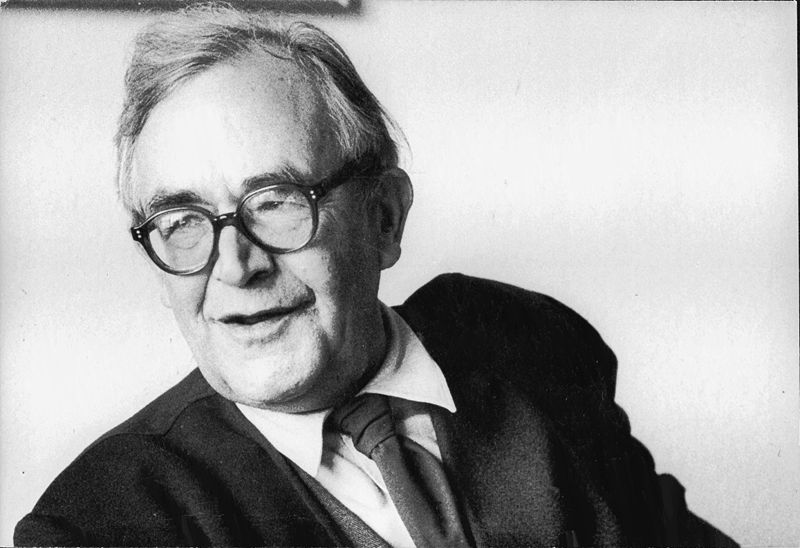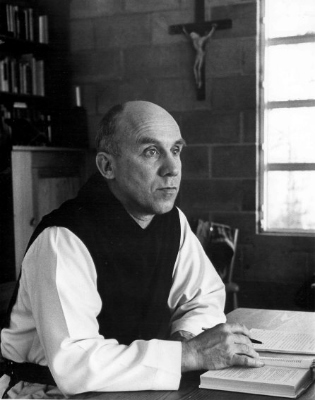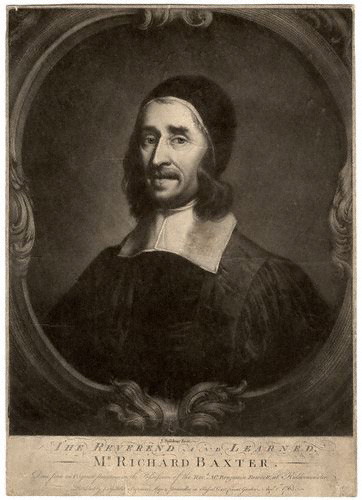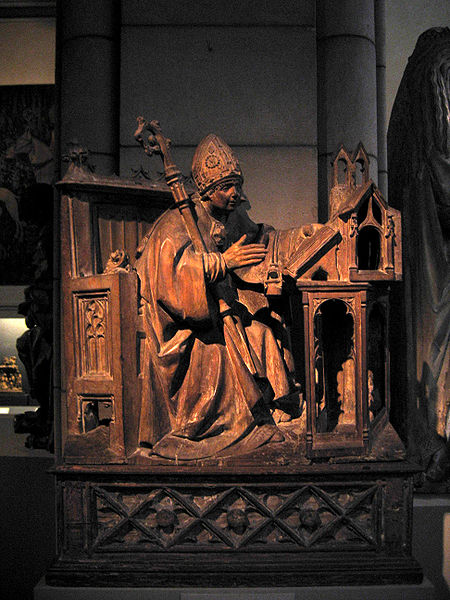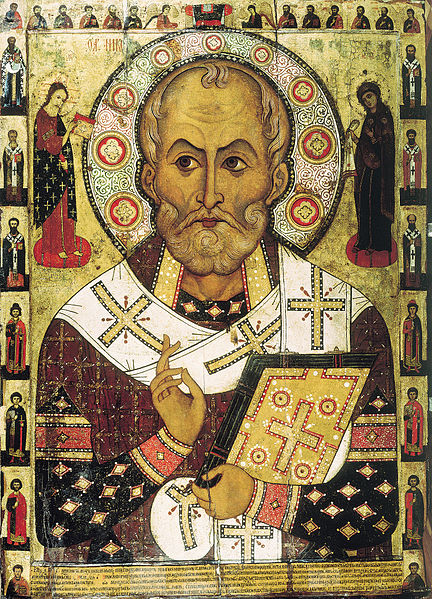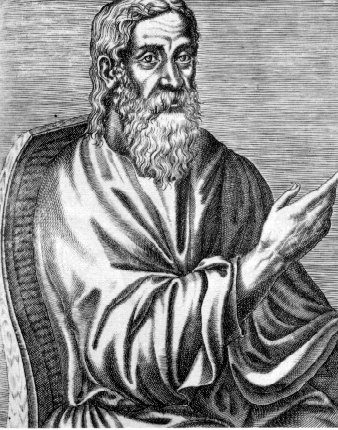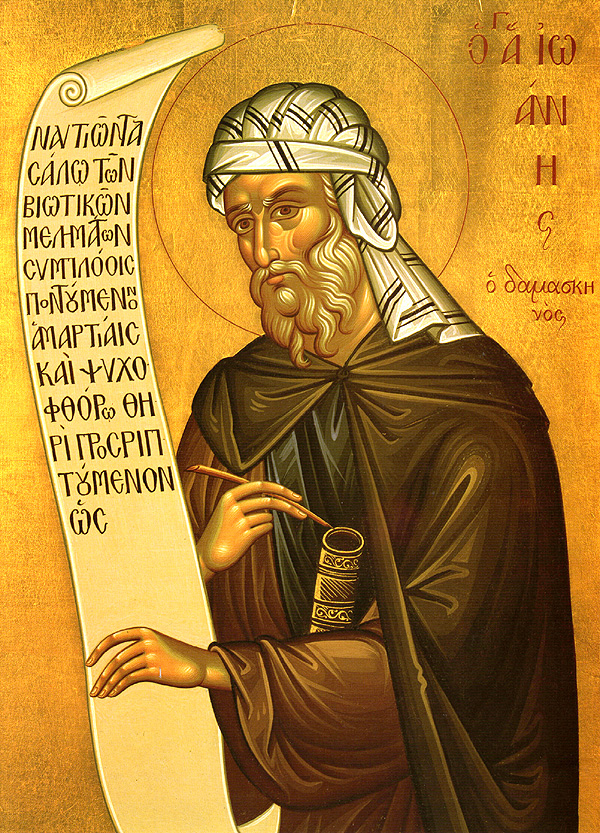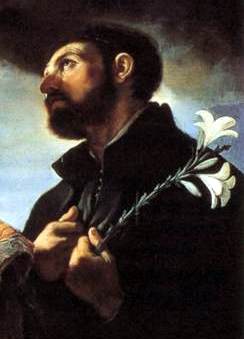Welcome to the Holy Women, Holy Men blog! We invite you to read about this commemoration, use the collect and lessons in prayer, whether individually or in corporate worship, then tell us what you think. For more information about this project, click here.
###
John of the Cross was unknown outside the Discalced Carmelites for nearly three hundred years after his death. More recently, scholars of Christian spirituality have found in him a hidden treasure. Once described by Thomas Merton as “the church’s safest mystical theologian,” John has been called the “the poet’s poet,” “spirit of flame,” “celestial and divine.”
John was born in 1542 at Fontiveros, near Avila, Spain. After his third birthday, his father died leaving his mother and her children reduced to poverty. John received elementary education in an orphanage inMedina del Campo. By the age of seventeen he had learned carpentry, tailoring, sculpturing, and painting through apprenticeships to local craftsmen. After university studies with the Jesuits, John entered the Carmelite Order in Medina del Campo and completed his theological studies in Salamanca. In 1567 he was ordained to the priesthood and recruited by Teresa of Avila for the reformation of the Carmelite Order.
By the age of thirty-five he had studied extensively, had been spiritual director to many, and yet devoted himself to the search for God so fully that he reached the peak of the mystical experience: a complete transformation in God.
John became disillusioned with what he considered the laxity of the Carmelites and in 1568 he opened a monastery of “Discalced” (strict observance) Carmelites, an act that met with sharp resistance from the General Chapter of the Calced Carmelites. John was seized, takento Toledo, and imprisoned in the monastery. During nine months of great hardship, he comforted himself by writing poetry. It was while he was imprisoned that he composed the greater part of his luminous masterpiece, The Spiritual Canticle, as well as a number of shorter poems. Other major works are, The Ascent of Mount Carmel, The Living Flame of Love and The Dark Night. It is this latter work, Noche obscura del alma, that gave the English language the phrase dark night of the soul.
After a severe illness, John died on December 14, 1591, in Ubeda, in southern Spain.
Collects
I Judge eternal, throned in splendor, who gavest Juan de la Cruz strength of purpose and mystical faith that sustained him even through the dark night of the soul: Shed thy light on all who love thee, in unity with Jesus Christ our Savior; who with thee and the Holy Spirit liveth and reigneth, one God, for ever and ever. Amen.
II Judge eternal, throned in splendor, you gave Juan de la Cruz strength of purpose and mystical faith that sustained him even through the dark night of the soul: Shed your light on all who love you, in unity with Jesus Christ our Savior; who with you and the Holy Spirit lives and reigns, one God, for ever and ever. Amen.
Lessons
Song of Solomon 3:1–4
Colossians 4:2–6
John 16:12–15,25–28
Psalm
121
Preface of God the Son
Text from Holy, Women, Holy Men: Celebrating the Saints © 2010 by The Church Pension Fund. Used by permission.
###
We invite your reflections about this commemoration and its suitability for the official calendar and worship of The Episcopal Church. How did this person’s life witness to the Gospel? How does this person inspire us in Christian life today?
If you’d like to participate in the official online trial use survey, click here. For more information about the survey, click here.
To post a comment, your first and last name and email address are required. Your name will be published; your email address will not. The first time you post, a moderator will need to approve your submission; after that, your comments will appear instantly.
